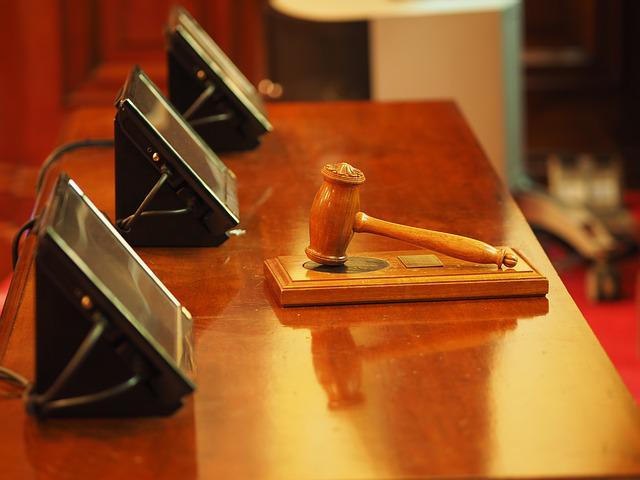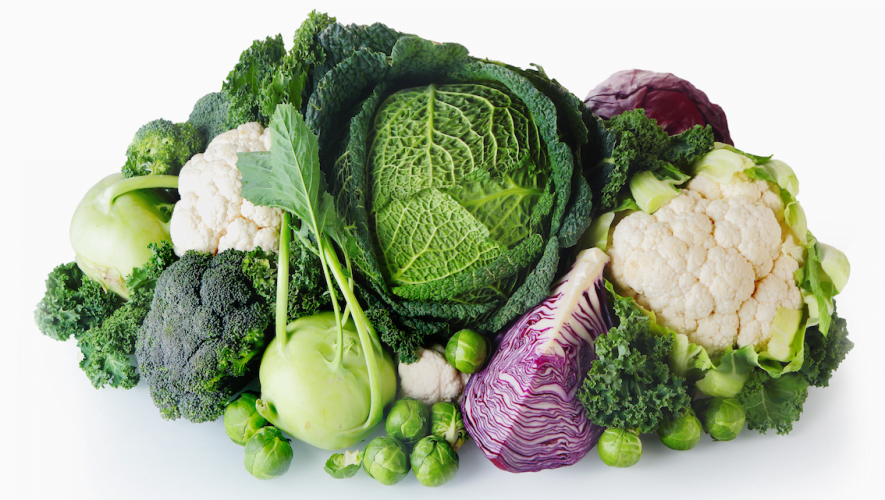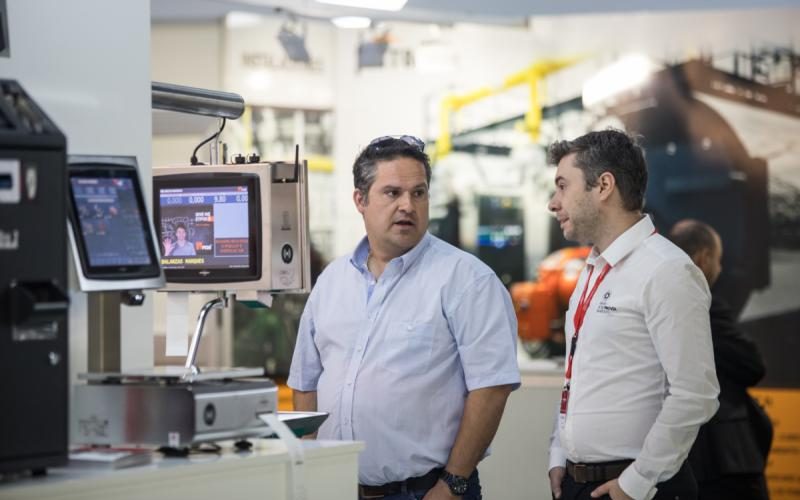Ministry of Economy reviews executive regulation of Federal Decree-Law Concerning Copyright and Neighboring Rights
H.E. Al Saleh: The regulation forms part of the country’s distinguished legislative system for IP protection
The Ministry of Economy held a media briefing on the issuance of the Executive Regulation of Federal Decree-Law No. (38) of 2021 on Copyright and Neighbouring Rights. During the session, H.E. Abdulla Al Saleh, Undersecretary of the Ministry of Economy, emphasized that the UAE has recently witnessed consecutive developments in the laws and regulations regarding copyright protection in general, including legislation to safeguard intellectual property (IP) and copyright and neighbouring rights. The country’s interest in this field stems from its belief in the importance of this legislation in promoting creativity and innovation, in line with the “Principles of the 50” and the pillars of the UAE Centennial 2071.
The Undersecretary stated that the copyright law is a significant new step in the development of the UAE’s IP protection system. The law set the general principles for copyright and neighbouring rights protection and created an environment that nurtures the growth and prosperity of creativity and creative works in various sectors. He also pointed out that the executive regulation is a continuation of the distinguished legislative system for IP protection in the country, as it establishes comprehensive and clear mechanisms and procedures for implementing the provisions of the copyright and related rights law, achieving its goals, and enhancing its effect on the national innovation environment and economic and societal progress.
H.E. added: “The regulation is in line with the country’s commitments as a member of the World Intellectual Property Organization (WIPO), including the Berne Convention for the Protection of Literary and Artistic Works, and the WIPO Performances and Phonograms Treaty. This will help strengthen the UAE’s position and enhance its competitiveness regionally and globally in the areas related to authorship and creativity activities.”
The Ministry of Economy worked in collaboration with federal and local partners, and in partnership with the private sector and its international partner institutions, to ensure that the regulation is developed according to the current best practices and global experiences.
The executive regulation of the law concerned with the protection of copyrights and neighbouring rights cover a wide spectrum of community, namely creative content creators in literature, arts, culture, and science, including writers, authors, musicians, programmers, people of determination and publishing houses. It also targets investors, entrepreneurs, projects owners, and companies engaged in the various creative, cultural, entertainment and creative economy activities, as well as the providers of legal services related to creative composition.
Furthermore, H. E. pointed out that the executive regulation defines the rules pertaining to intellectual works’ registration, including their ownership and information, author data, and intellectual works’ importer and distributor data. In addition, they establish the criteria for obtaining collective management licenses and grant compulsory copyright licenses for use or translation, along with the requirements concerning accessible format copy, and the mechanisms adopted in customs clearance.
The Undersecretary also announced the issuance of the first accessible format copy license to the “Kalimat Foundation” that upholds children’s rights to access books, in line with the UAE’s ratification of the Marrakesh Treaty to Facilitate Access to Published Works for Persons Who Are Blind, Visually Impaired, or Otherwise Print Disabled. It also aligns with the MoU signed on May 18, 2022, between the Ministry and the International Federation of the Phonographic Industry (IFPI), a non-profit organization that represents the interests of recording industry worldwide, with the aim of supporting collective management in music industry.
The executive regulation stipulate that the issuance of intellectual works’ registration certificate does not constitute permission to exploit, circulate or exhibit the works, as the concerned party is required to obtain permission for these activities from the competent authorities in the UAE. In addition, it lay down the requirements for obtaining such works’ copying license, translation license, collective management license, license prohibitions, licensee obligations, and copy and translation license expiration. They allow the author, or any of the holders of rights or neighbouring rights or their successors, to apply for intellectual works’ registration.
The bylaws also highlight the importance of registering the names of importers and distributors, along with their rights to import or distribute intellectual works in the UAE, and information about their activities and the entities that have authorized them to import and distribute the works, in the intellectual works’ importer and distributor register. The bylaws also allow appealing rejections before the Grievance Committee within 30 days from the date of being notified of such decisions.
In addition, the bylaws ensure that people of determination have access to creative sources and are able to engage in cultural and creative aspects of life and leverage the outcomes of scientific advancement through exemptions in the author right rules granted by the Ministry of the Economy to the government entities and non-profit organizations serving this part of the community. This will enable seamless copying and distribution of such works to the people of determination and ensure their access to information without the authors’ approval.
In addition, the bylaws listed the dispositions to be recorded in the intellectual works’copyright register, including delisting registered data or re-registering the same for another person, subject to the approval of concerned parties or by virtue of a final and enforceable court ruling.
According to the bylaws, any individual can apply to the Ministry to obtain a license to copy and/ or translate intellectual works protected by the law, for the purpose of fulfilling educational needs of all types and levels, or the needs of public libraries or archives. It is also possible to submit evidence showing that the original author or right holder refused to grant the applicant permission to copy or translate the works, or that the author or right holder were not accessible.
During the media briefing, H. E. Al Saleh stated that the number of intellectual works’ registration certificates issued by the Ministry of Economy to individuals and organizations amounted to nearly 750 during the first five months of 2022, 57% higher compared to the same period of 2021. He added that the Ministry ensured that registration fees do not exceed AED 50 for individuals to promote creativity. H. E. further mentioned that the Ministry has organized 16 workshops on author rights this year, to raise awareness about IP rights, and that more than 31 violating websites have been blocked in 2022 so far in collaboration with the Telecommunications and Digital Government Regulatory Authority, as part of the Ministry’s endeavors to protect authors’ rights.
The Undersecretary concluded the briefing by reaffirming the Ministry’s commitment to move forward with its efforts to safeguard and nurture creativity, promote creative economy’s growth, and raise awareness on copyrights and neighboring rights protection system that the Ministry offers to all segments in the UAE, in cooperation with its partners. These efforts help cement the UAE’s position as a destination of choice for talent and a thriving hub for creativity and innovation-based industries, projects and investments.



